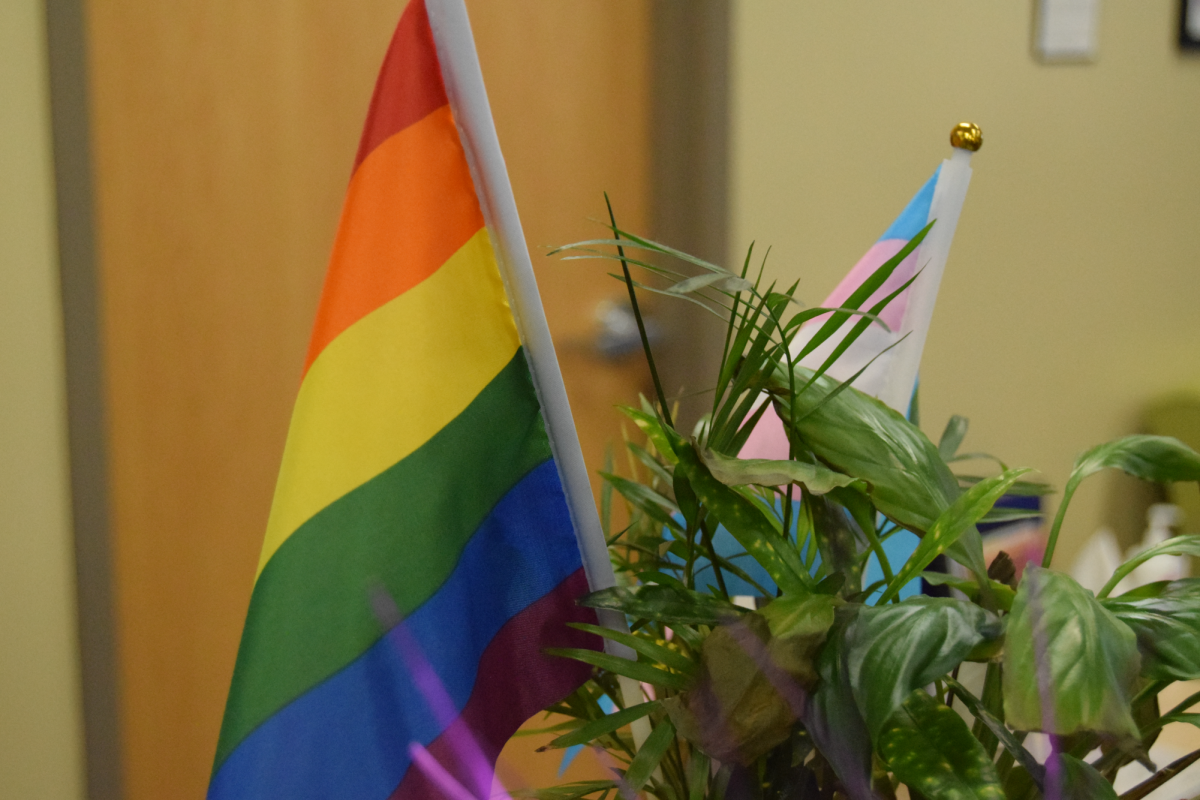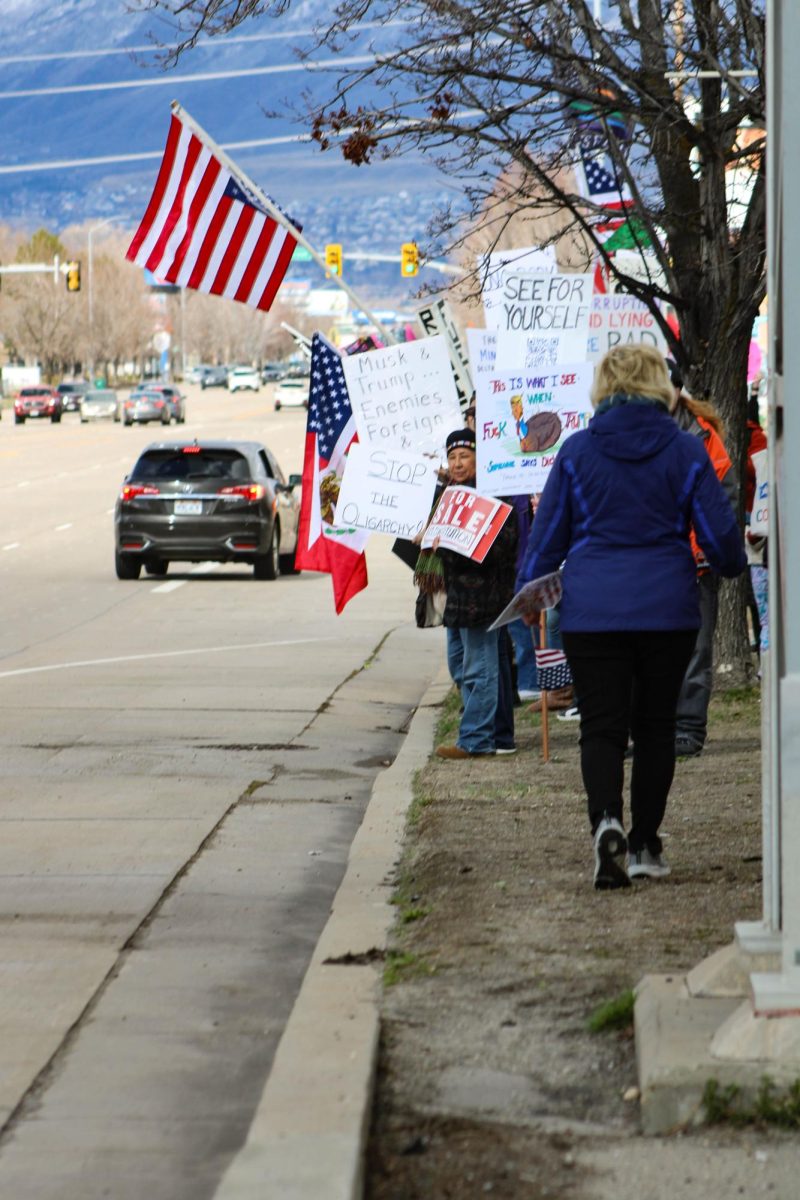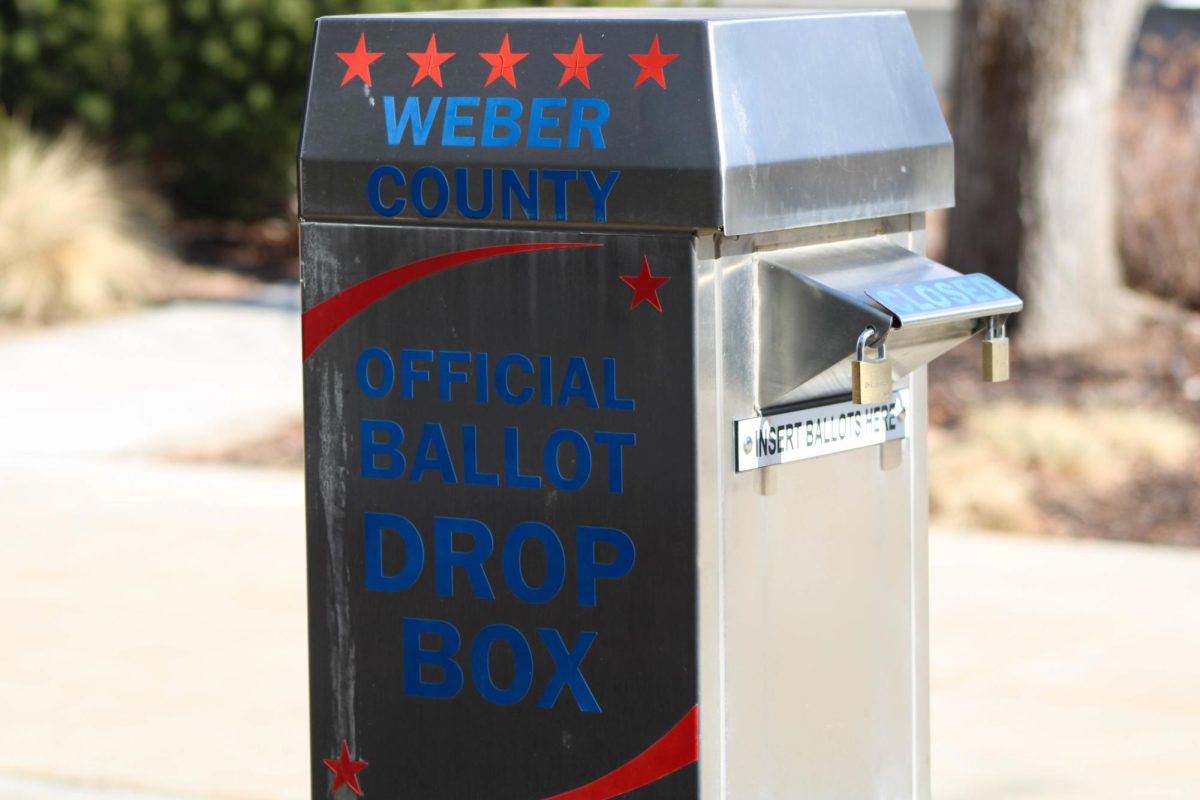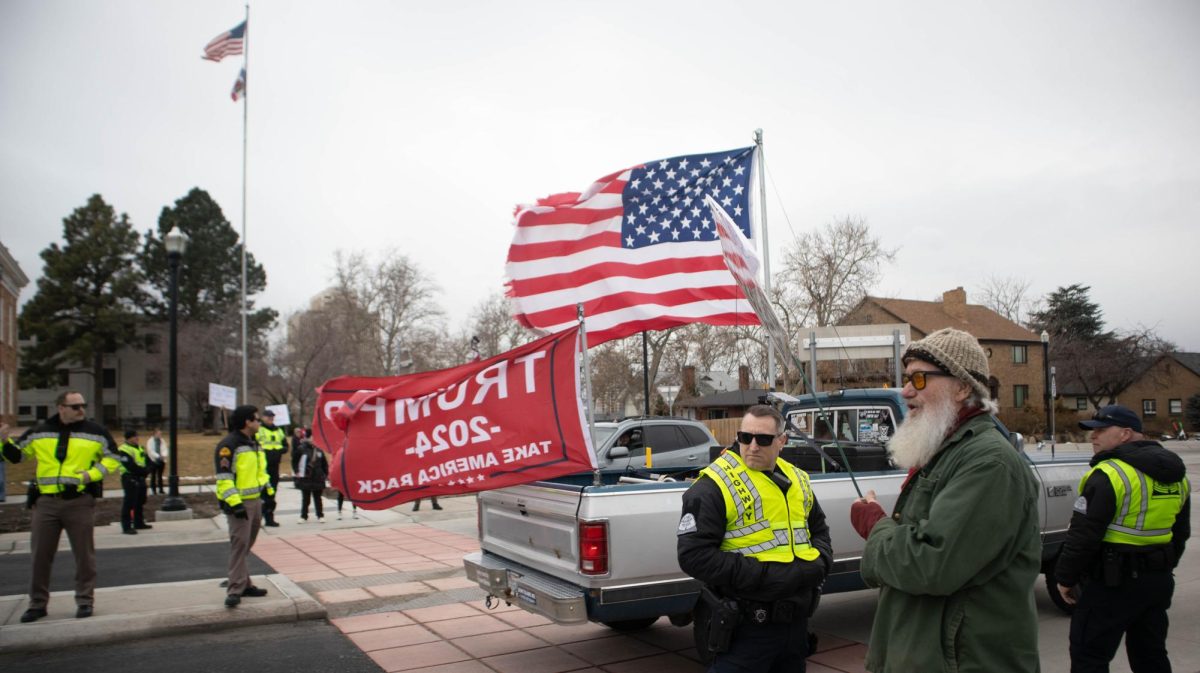
Joan Trumpauer Mulholland, civil rights activist and member of the 1961 Freedom Riders, shared her story with students, faculty and members of the community on Sept. 13 in the Wildcat Theater.
Mulholland, who grew up in segregated Virginia, joined the Freedom Riders in 1961 upon entering Tougaloo University. There, she became part of the 1 percent of white students who attended the university.
The Freedom Riders encompassed a group of interracial men and women across the American South. Their goal was to challenge a 1960 decision by the Supreme Court that declared segregated facilities for interstate passengers.
For her involvement in this, along with other sit-ins and protests, Mulholland was verbally and physically attacked, incarcerated for a period of two months, and disowned by her family.
“We drew on our religious strength, of all that we had learned about — ‘do unto others . . . ’” said Mulholland of how she and other protesters braved the abuse. “(We did it by) believing what this nation was supposed to be about, as well as what the church taught.”
The presentation from Mulholland was preceded by new documentary “An Ordinary Hero”, which told of Mulholland’s time protesting in the South. The 60-minute documentary will air on KBYU-TV on Sunday.
WSU President Charles Wight addressed students in a video introduction for Mulholland.
“When you hear from Ms. Mulholland today, realize that she is an ordinary person who did extraordinary things,” Wight said. “Remember that behind every Martin Luther King, behind every step toward equality and against ignorance, hate and injustice, there are people like Joan Trumpauer Mulholland, and there are people like you and me. Joan did it. We can too.”
Mulholland emphasized that students now will have challenges, just as protesters of the past did.
“I can’t tell today’s generation how to do it,” she said. “Maybe you get some ideas or inspiration from what we did 50 years ago. It starts with you and your friends. You have so many more tools than we did. We had 15 minutes of national news at night. All of this brings you information and lets you be connected to each other, which is a radical change.”
Participation from the audience included questions to Mulholland about how to continue to protest racism in the media and in societies. Mulholland suggested using online petitions and social media to help “call out” those responsible.
Michael Suttle, a criminal justice major originally from Alabama, said he feels that living in Utah has been a dramatically different experience in terms of his encounters with racism.
“(It’s) not even close,” he said. “(From) what I’ve seen and experienced in my own personal life, Utah is a great place. And as far as black people or people of any other ethnic backgrounds go, you can really make it if you really want it to. Ever since I’ve been here, doors have been open to me. I’ve had all kinds of opportunities. So I don’t really have anything negative to say about this school or Utah.”
Lindsay Tanner, a psychology major, attended the event because her Diverse Families class required it.
“I don’t know that much about it . . .” she said. “But I’m hopeful for more actual experience stories . . . not so much ‘this is what happened’ as ‘this is what happened to me.’”
Adrienne Andrews, the special assistant to the president for diversity, said she believes Mulholland’s presentation is critical to students.
“She is living history,” Andrews said. “Oftentimes, we look back and feel that we are far removed from the struggle.”
Andrews said such experiences are best heard directly from the source.
“When we read the stories in our textbooks . . . it doesn’t carry the same weight or power of the story coming directly from the source — from someone who participated in the activity . . .” she said. “She is still here to tell us the story of how ordinary citizens, people just like ourselves, were able to stand up and make a difference . . . Her presence is invaluable.”
Mulholland concluded her presentation by inviting students to take charge of the injustices they see around them.
“And now with all your sources of information and your fresh education, I pass it to you.”


















